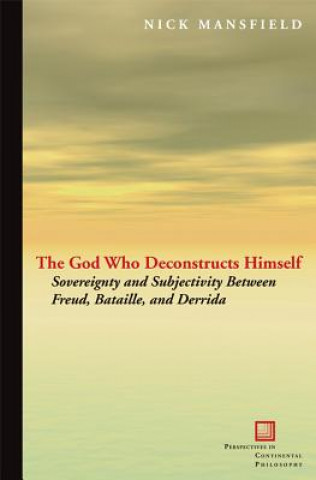
Kod: 04941068
God Who Deconstructs Himself
Autor Nick Mansfield
No topic has caused more discussion in recent philosophy and political theory than sovereignty. From late Foucault to Agamben, and from Guantanamo Bay to the 'war on terror,' the issue of the extent and the nature of the sovereign ... więcej
- Język:
 Angielski
Angielski - Oprawa: Twarda
- Liczba stron: 144
Wydawca: Fordham University Press, 2010
- Więcej informacji o książce

Zobacz książki o podobnej tematyce
-
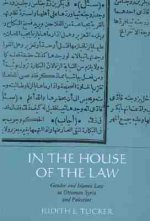
In the House of the Law
182.63 zł -

From Trickster to Badman
139.92 zł -

Plant galls
121.58 zł -

French Phrasebook
77.56 zł
Podaruj tę książkę jeszcze dziś
- Zamów książkę i wybierz "Wyślij jako prezent".
- Natychmiast wyślemy Ci bon podarunkowy, który możesz przekazać adresatowi prezentu.
- Książka zostanie wysłana do adresata, a Ty o nic nie musisz się martwić.
Więcej informacji o God Who Deconstructs Himself
Za ten zakup dostaniesz 250 punkty
 Opis
Opis
No topic has caused more discussion in recent philosophy and political theory than sovereignty. From late Foucault to Agamben, and from Guantanamo Bay to the 'war on terror,' the issue of the extent and the nature of the sovereign has given theoretical debates their currency and urgency. New thinking on sovereignty has always imagined the styles of human selfhood that each regime involves. Each denomination of sovereignty requires a specific mode of subjectivity to explain its meaning and facilitate its operation. The aim of this book is to help outline Jacques Derrida's thinking on sovereignty - a theme which increasingly attracted Derrida towards the end of his career - in its relationship to subjectivity. It investigates the late work Rogues: Two Essays on Reason, as not only Derrida's fullest statement of his thinking on sovereignty, but also as the destination of his career-long interest in questions of politics and self-identity. The book argues that in Derrida's thinking of the relationship between sovereignty and subjectivity - and the related themes of unconditionality and ipseity - we can detect the outline of Bataille's adaptation of Freud. Freud completed his 'metapsychology,' by defining the 'economic' nature of subjectivity. In Bataille's hands, this economic theory became a key to the nature of inter-relationship in general, specifically the complex and shifting relationship between subjectivity and power. In playing with Bataille's legacy, Derrida connects not only with the irrepressibly outrageous thinking of philosophy's most self-consciously transgressive thinker, but with the early twentieth century scientific revolution through which 'energy' became ontology. As with so many of the forebears who influenced him, Derrida echoes and adapts Bataille's thinking while radically de-literalising it. The results are crucial for understanding Derrida's views on power, subjectivity and representation, as well as all of the other key themes in late Derrida: hospitality, justice, otherness and the gift.
 Szczegóły książki
Szczegóły książki
Kategoria Książki po angielsku Humanities Philosophy History of Western philosophy
429.13 zł
- Pełny tytuł: God Who Deconstructs Himself
- Podtytuł: Sovereignty and Subjectivity Between Freud, Bataille, and Derrida
- Autor: Nick Mansfield
- Język:
 Angielski
Angielski - Oprawa: Twarda
- Liczba stron: 144
- EAN: 9780823232413
- ISBN: 0823232417
- ID: 04941068
- Wydawca: Fordham University Press
- Waga: 340 g
- Wymiary: 229 × 152 × 15 mm
- Data wydania: 15. July 2010
Ulubione w innej kategorii
-

Meditations
45.32 zł -14 % -

The Myth of Sisyphus
29.30 zł -4 % -

Why I Am so Clever
15.61 zł -21 % -

Meditations
50.46 zł -26 % -

Republic
57.71 zł -5 % -

Beyond Good and Evil
47.34 zł -23 % -

Gay Science
65.57 zł -4 % -

Aphorisms on Love and Hate
11.17 zł -26 % -
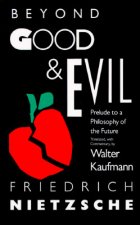
Beyond Good & Evil
61.14 zł -23 % -

Meditations on First Philosophy
47.34 zł -23 % -
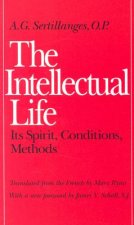
Intellectual Life
97.50 zł -5 % -

Socrates' Defence
15.30 zł -23 % -

Discourses, Fragments, Handbook
52.37 zł -15 % -

Ride the Tiger
105.76 zł -4 % -

Thus Spoke Zarathustra
47.04 zł -14 % -

Fear and Trembling
47.34 zł -23 % -

Birth of Tragedy
15.30 zł -23 % -
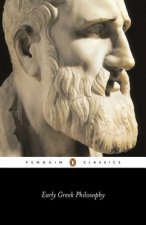
Early Greek Philosophy
61.14 zł -23 % -
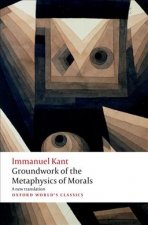
Groundwork for the Metaphysics of Morals
47.34 zł -23 % -
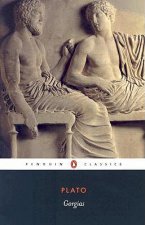
Gorgias
45.62 zł -5 % -
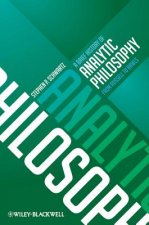
Brief History of Analytic Philosophy - From Russell to Rawls
163.89 zł -3 % -
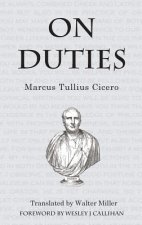
On Duties
57.51 zł -5 % -

Discourses and Selected Writings
52.37 zł -15 % -

Nicomachean Ethics
24.57 zł -23 % -

Nausea
47.34 zł -23 % -

Letters from a Stoic
47.34 zł -23 % -

Meditations
101.84 zł -4 % -

Simulacra and Simulation
86.12 zł -12 % -

Phenomenology of Spirit
93.58 zł -5 % -

Twilight of the Idols with The Antichrist and Ecce Homo
24.57 zł -23 % -

On Liberty, Utilitarianism and Other Essays
38.27 zł -23 % -
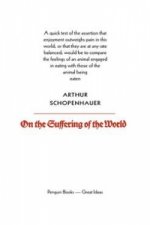
On the Suffering of the World
25.07 zł -26 % -

Human Condition
95.79 zł -4 % -

On the Shortness of Life
38.27 zł -14 % -

Existentialism Is a Humanism
45.52 zł -4 % -

Think
51.87 zł -23 % -

Guide to the Good Life
74.33 zł -9 % -
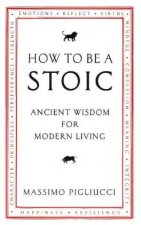
How To Be A Stoic
73.63 zł -15 % -

The Symposium
45.62 zł -5 % -

Human, All Too Human & Beyond Good and Evil
24.57 zł -23 % -

At The Existentialist Cafe
53.18 zł -3 % -
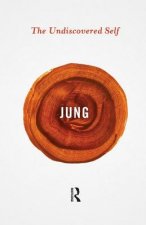
Undiscovered Self
121.58 zł -

Passions of the Soul and Other Late Philosophical Writings
51.87 zł -23 % -

The Trouble With Being Born
65.57 zł -4 % -

Leviathan
24.57 zł -23 % -
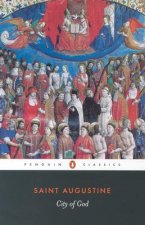
City of God
77.56 zł -5 % -

Ecce Homo
42.70 zł -23 % -
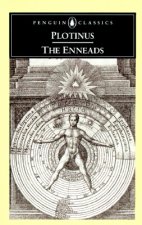
Enneads
70.41 zł -23 % -

On Friendship
33.64 zł -23 %
zadowolonych klientów
Od roku 2008 obsłużyliśmy wielu miłośników książek, ale dla nas każdy był tym wyjątkowym.
Copyright! ©2008-24 libristo.pl Wszelkie prawa zastrzeżonePrywatnieCookies



 21 milionów książek
21 milionów książek Dostawa 10.99 zł
Dostawa 10.99 zł (32) 444 93 66 (8-15.30h)
(32) 444 93 66 (8-15.30h)